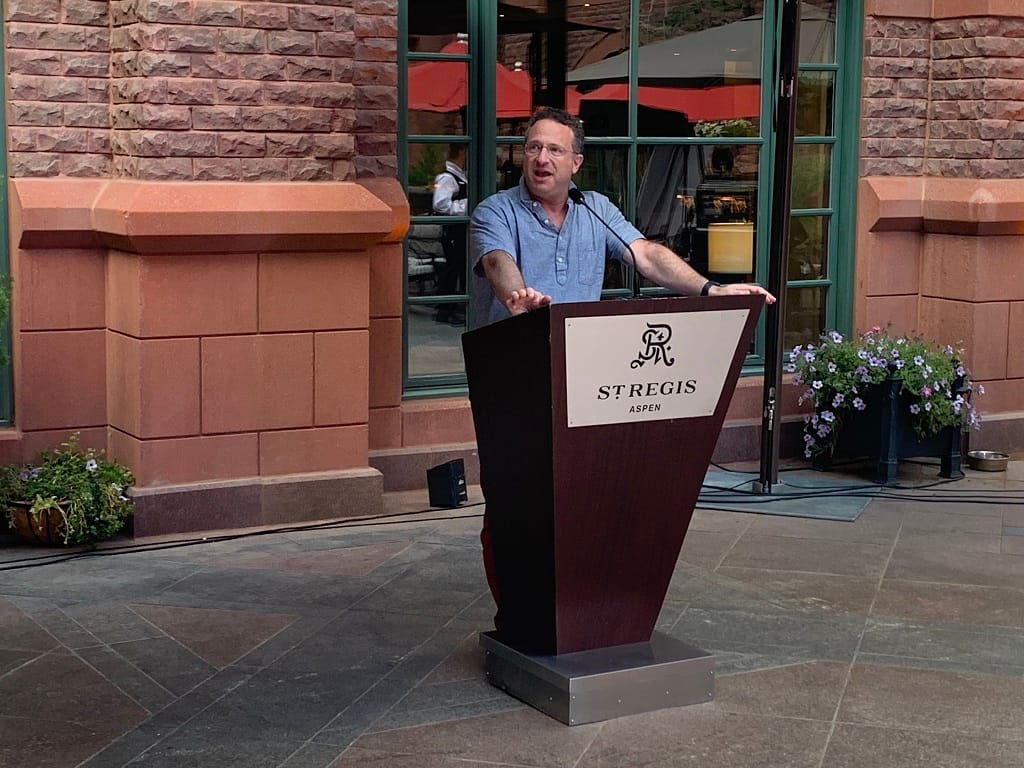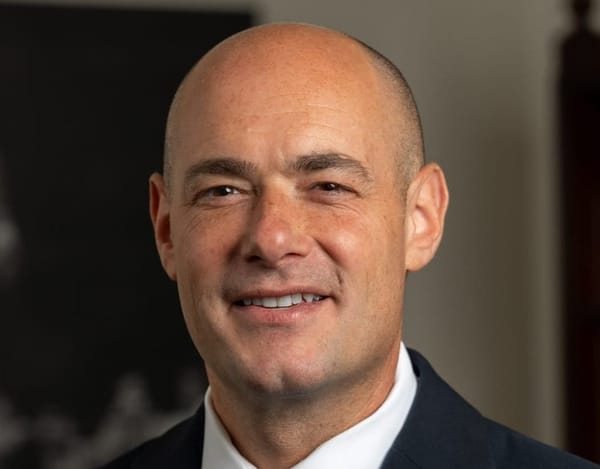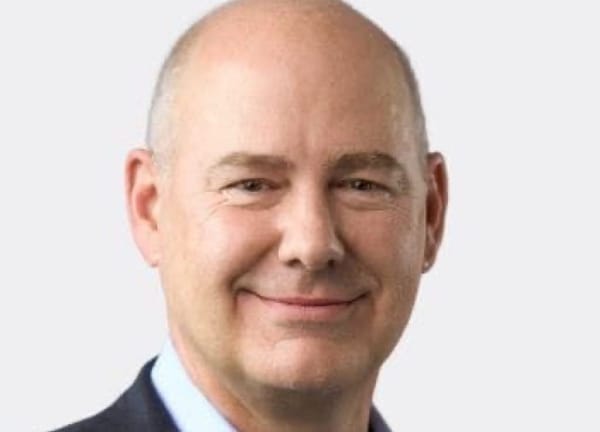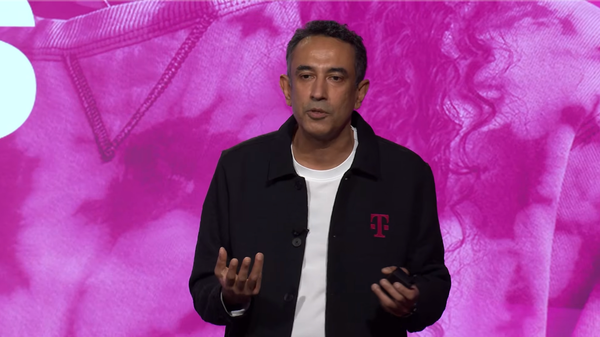TPI President Wallsten Defends Reverse Auction, Points to Mapping Flaws in Light of RDOF Defaults
In an interview with Broadband Breakfast, Technology Policy Institute President Scott Wallsten blamed bad mapping for RDOF mess.
Benjamin Kahn

ASPEN, Colorado, August 19, 2021—Scott Wallsten, president and senior fellow of the Technology Policy Institute, on Monday defended the reverse auction process used to divvy up funds from the $9.2-billion Rural Digital Opportunity Fund in light of winners having to default on territory that new mapping shows are adequately connected.
In an interview with Broadband Breakfast at the 2021 Aspen Conference that his organization was hosting, Wallsten said the issue with the growing number of defaults is not the process by which money was awarded, but the mapping that led to a recently increasing number of companies approaching the Federal Communications Commission with admissions the areas they promised to serve are already served. (More companies have filed defaults in recent days.)
“The FCC is taking the wrong approach to mapping,” argued Wallsten, who had a recent op-ed about his views published in The Hill. In his view, the FCC is “going too micro,” that is, trying to establish the precise coverage of exact addresses rather than simply getting accurate broadband data for an entire region or census level. He explained that this fixation on microdata contributed to areas being mapped incorrectly during the RDOF process.
Though Wallsten defended the reverse auction – which awards money to those promising to build with the least amount of subsidy – component of RDOF, he was not without his criticisms. Wallsten pointed to some of the surprising bids brought about by small companies or those using emerging technologies, such as SpaceX’s low earth orbit constellation, Starlink.
“Who ought to assume the risk?” He explained how because companies secure payment before completing the project, some argue that smaller companies bite off more than they can chew during the bidding process.
“It’s hard to say [how changing this would impact bidding strategies].”
Though Wallsten does not want to discourage innovation and the use of new technologies, he does not want taxpayers to be the party left holding the bag.
“We want new technologies—just not on the taxpayers’ dime,” he said. “If [Elon] Musk believes in Starlink, let him front the money.”
Internet speeds standards
Another topic Wallsten addressed was the recent movement for faster internet standards and symmetrical speeds.
Wallsten is calling the push for 100 Megabits per second symmetrical speeds “nonsense,” arguing that the only reason that there has been this push for symmetrical 100 Mbps, and even Gigabit speeds, is to push fiber on consumers. “There is no other reason.”
Wallsten clarified that he believes that fiber plays a critical role in networks around the country, but that nobody needs gigabit speeds. In response to the criticism that fiber will be necessary to create and maintain future-proof networks, he refuted the premise of the problem, stating that the term “future-proof” itself is loaded, and assumes that spending a lot now is inherently better than spending a lot in the future, which he argues may not be the case.
Wallsten pointed out that speed is only one aspect of a network—an aspect that, he said, receives an undo amount of attention. He stated that there are myriad other factors that may supersede speed in terms of what customers value in future networks—such as super low latency. Though he acknowledged that everyone enjoys faster internet speeds, he cautioned against diminishing returns as the speed increases.
“The difference between 1 Mbps and 5 Mbps is extraordinary—the difference between five and 25 is noticeable, but less so,” he said. “In terms of practical usage, there is very little difference between 100 Mbps and a gig.”
On the infrastructure bill
On the bipartisan infrastructure framework, Wallsten voiced his concerns that the federal government is beginning to distance itself from the reverse auction process in favor of simply giving money to the states and allowing them to distribute it as they see fit.
He reiterated that RDOF’s failings were due to inadequacies in mapping, and not the auctions process, but that politicians want to be seen as bestowing money on their constituents.
“Politicians love to give away money,” Wallsten mused.










Member discussion